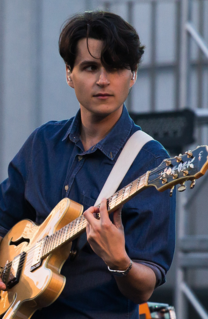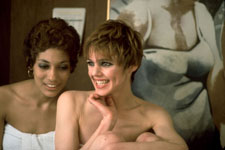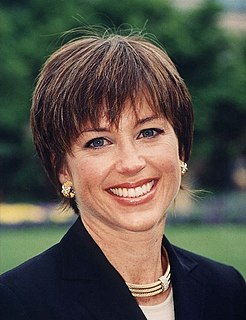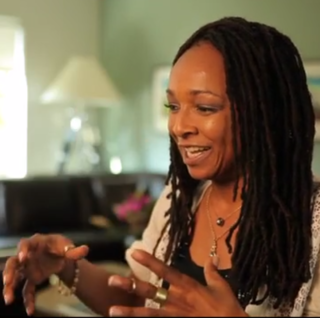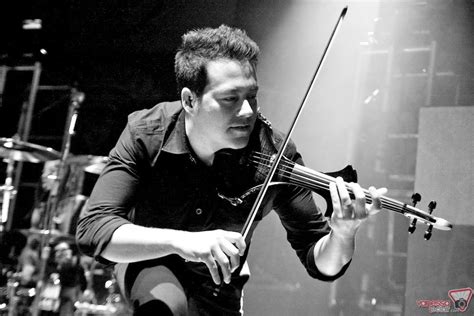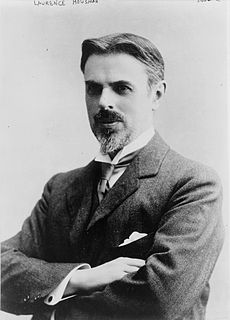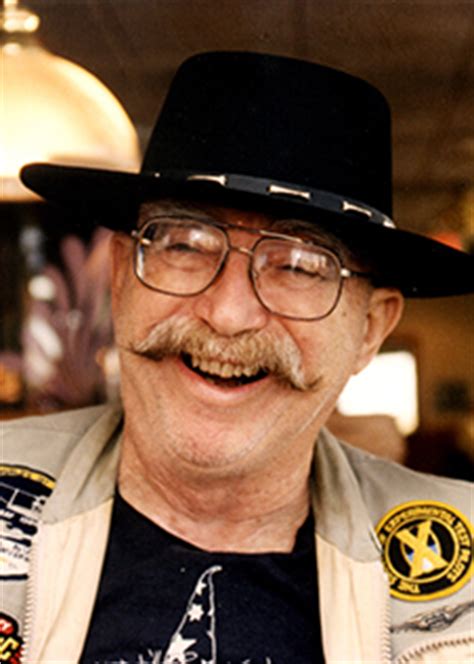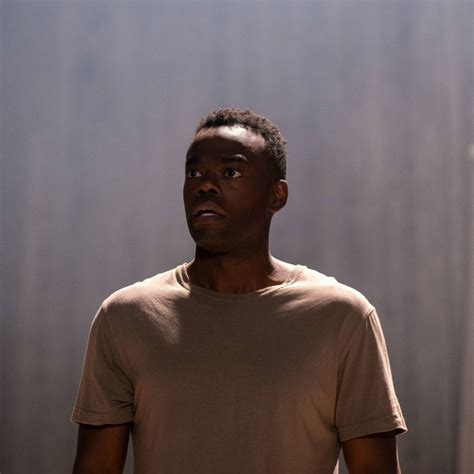A Quote by M.I.A.
'Paper Planes' was an accident. It wasn't a song we made for the masses. It took two years to get popular, and there were many fights about censoring the gunshot sounds.
Related Quotes
I started many years ago using the Boss DS-1 and then graduated to the Satchurator and putting that right into that clean channel, and that sounds great. I've done many tours with that setup. Then we took the next two channels that were part of the JVM sound in channel 1 and made them a little more subtle.
EDM has trained a new generation of listeners' ears to accept a much broader range of what equals a song. EDM has become top 40 stuff: those sounds, those styles, those ways of thinking about song structure - even thinking that vocals aren't necessarily the central element - those ideas have made their way into popular culture.
What happened was I was a songwriter on Quincy Jones' publishing company, Qwest, for two and a half years before I gave him the song for Michael Jackson. He had a meeting with the songwriters. I think there were about six of us on the West Coast and we all had a meeting at his house where he sort of gave us an outline of what he wanted. To finish this BAD album Jones needed one more song to round out the album. I took notes and then I then took my notes to my writing partner Glen Ballard.
I know that sounds so circular, but for you, what you were made to do, is different than what I was made to do. But instead of spending all of our time having Bible studies about what we were made to do, go do stuff and you'll figure out what you were made to do, because you'll be great at some things and you'll be terrible at others.
Two hundred years ago, we were all busy farming and we all had a role to play. The home was a unit of production. We made food and all the things we needed, we took care of our kids and were connected to purpose in our evolution. When the Industrial Revolution came along, it took away a lot of the work the men had done.
I would describe our band "Paper Walls' growth as the natural evolution for anyone the age of 25 to 27, but with "Paper Walls' we focused on the best of what Yellowcard had to offer from our previous work. Meaning we took the energy we had from Ocean Avenue and blended that with that sharp rock edge and all the different sonic evolutions we have on "Lights and Sounds', and we basically mashed them together. So what we have on "Paper Walls' is basically the finest Yellowcard sounds we have to offer.
I took to writing as my medicine to help me stay afloat in acting career journey. I wrote about me breaking hearts, and my heart being broken. I wrote about my views whether they were liberal or conservative. I wrote about everything. I wrote about my life. When I did not have paper coming in as green backs, I'd use random pieces of paper for stories. It was like, I got no money, but I have paper to write. So I wrote.
The sounds of many were unintelligible and undoubtedly many more called for their parents from whom they were parted by death or by accident. They grasped their tortured limbs, their tiny burning legs until they were no longer able to stand or run. And then they would crash to the ground where they would writhe in the bubbling tar until death released them from their physical misery.
More than 30 years ago, in Washington, D.C., I secured a copy of a single by a Los Angeles band called The Bags. The two-song 7-inch, released on Dangerhouse, had a girl on the cover who looked right at you with huge eyes. The songs, 'Survive' and 'Babylonian Gorgon,' were great and made many of my mix tapes.


